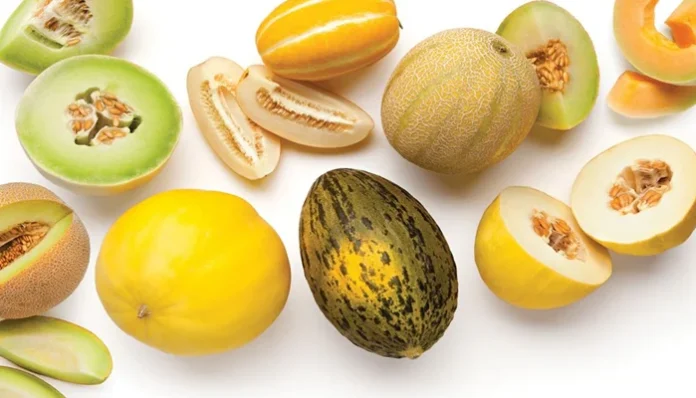Introduction

Dry kharbooza husk, also known as the dried rind or peel of melon (commonly cantaloupe or muskmelon), is a traditional ingredient that has been used for centuries in various forms of natural remedies. The husk, often discarded after consuming the melon, is a treasure trove of nutrients and therapeutic properties when prepared and used correctly.
Forms of Dry Kharbooza Husk
- Powdered Form: The dried husk is ground into a fine powder. This form is often used in herbal remedies or added to drinks for its health benefits.
- Infused Water or Tea: Dried husk is boiled in water to create an infusion that can be consumed as a tea.
- Paste or Poultice: The husk is soaked and ground into a paste, which can be applied topically for skin-related benefits.
- Capsule Form: Some herbal companies process and encapsulate the powdered husk for convenience and ease of consumption.
- Herbal Mixtures: It is often combined with other herbs to create remedies targeting specific health issues.
Benefits of Dry Kharbooza Husk

- Rich in Antioxidants: The husk contains natural antioxidants that help fight free radicals, reducing oxidative stress in the body.
- Digestive Health: It is known to aid digestion due to its high fiber content. The husk can help alleviate constipation and promote a healthy gut.
- Kidney Health: Traditional medicine often uses it to support kidney function and flush out toxins from the body.
- Cooling Properties: Dried melon husk is believed to have cooling effects on the body, making it beneficial during hot weather or to counter internal heat.
- Skin Benefits: When applied topically, it helps soothe skin irritations, reduce inflammation, and promote a clear complexion.
- Weight Management: Its fiber content aids in maintaining a feeling of fullness, which can help in weight control.
- Anti-inflammatory Effects: The husk has anti-inflammatory properties that may help in managing conditions like arthritis and other inflammatory disorders.
Side Effects of Dry Kharbooza Husk

- Allergic Reactions: Some individuals may be allergic to melon or its components, including the husk. Symptoms include itching, rash, or difficulty breathing.
- Digestive Discomfort: Consuming large amounts can lead to bloating, gas, or an upset stomach due to its fiber content.
- Imbalance in Body Temperature: Excessive use of the husk’s cooling properties may cause an imbalance, especially in individuals with naturally cold constitutions.
- Contamination Risk: If not cleaned and dried properly, the husk may harbor bacteria, mold, or pesticides, which can cause harm when consumed.
- Drug Interactions: It may interact with certain medications, particularly diuretics or blood pressure medicines. Consult a doctor before use.
This Article is for Basic Information. Contact a professional doctor before using it.
HAKEEM KARAMAT ULLAH
+923090560000




